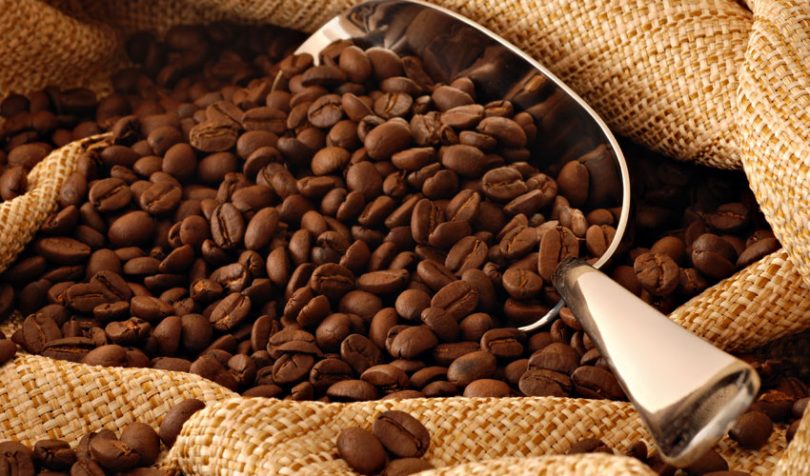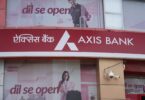Yesterday India’s Ministry of Commerce & Industry announced the launch of a blockchain based marketplace app for coffee trading. This pilot project aims to provide coffee farmers with a fair price and increase traceability and transparency of the product. The Coffee Board of India developed the app with digital commodity platform Eka Plus.
As consumers are increasingly ethically and environmentally minded, food traceability is in high demand. Particularly for products such as rice and coffee, which are traditionally hard to trace. Today’s announcement claims India’s coffee farmers are mostly small businesses who earn meager profits. This is in part due to dependence on intermediaries between the farmers and buyers.
By creating “bean to cup” traceability, the blockchain marketplace promises to reduce the middlemen in coffee trading, thereby increasing earnings for the farmer. As information on the blockchain is immutable, use of the marketplace can build trust between suppliers and traders.
India’s Commerce Secretary, Dr. Anup Wadhawan said: “this pilot project will help integrate the farmers with markets in a transparent manner and lead to realisation of a fair price for the coffee producer.”
The announcement also claims the project will help create a positive brand image for Indian coffee. The streamlined blockchain initiative would be able to scale to high demand.
Eka Plus, the Indian developer of the pilot app, has a platform providing software solutions to commodity supply chains. The project leverages machine learning, cloud storage, and, as in this case, blockchain.
Eka Software was founded in 2004 as a trading and risk management software firm. Then the platform Eka Plus was released in 2018. It boasts customers such as Cargill, the world’s largest agribusiness as well as Bunge, COFCO and Louis Dreyfus. It’s also targeting the energy and metal sectors with Rio Tinto as a client.
The marketplace app has a group of 15-20 parties in the coffee supply chain already registered to make transactions. Blockchain technology is used to store information from farmers, such as the type of crop and where it was grown. Each time a farmer’s lot is sold, a block is created. Coffee from a particular lot can then be traced back to the farmer and its credentials checked.






